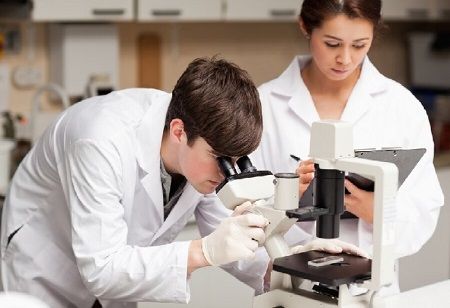The Japanese Ministry of Education is set to introduce financial backing for teams of young researchers engaged in collaborative international projects focused on cutting-edge technologies like artificial intelligence and medicine. The initiative aims to revitalize Japan's research capabilities by supporting interactions with prominent researchers abroad, ultimately fostering advancements in collaborative research endeavours.
Due to reduced operational subsidies for national universities, Japanese researchers often face constraints in securing funds for international conferences. Laboratories typically prioritize spending on equipment and personnel, leading to limited discretionary funds for such expenses.
Under the proposed system, support will be extended to projects led by young researchers collaborating with institutions in the United States, Europe, and Australia, excluding joint ventures with China and Russia for reasons of economic security.
Financial assistance will cover travel, accommodation, venue costs for research retreats, and honoraria for foreign researchers visiting Japan. Targeting teams engaged in research across eight key fields, including AI, energy, semiconductors, and medicine, organizations like the Japan Science and Technology Agency (JST) and the Japan Agency for Medical Research and Development (AMED) have already identified 52 teams eligible for support.
These include teams from Osaka University researching next-gen semiconductors with counterparts in the United States and a University of Tokyo team investigating AI-integrated information technology alongside collaborators in Finland.
The Ministry of Education, Culture, Sports, Science, and Technology plans to roll out comprehensive support from fiscal 2024, utilizing a ¥50.1 billion fund established in fiscal 2022. Each team stands to receive up to ¥500 million over five years, with a total subsidy of ¥16.6 billion projected by fiscal 2028. Emphasizing networking and collaboration-building among researchers, over 70% of JST's funding and over 50% of AMED's will be allocated for this purpose.

